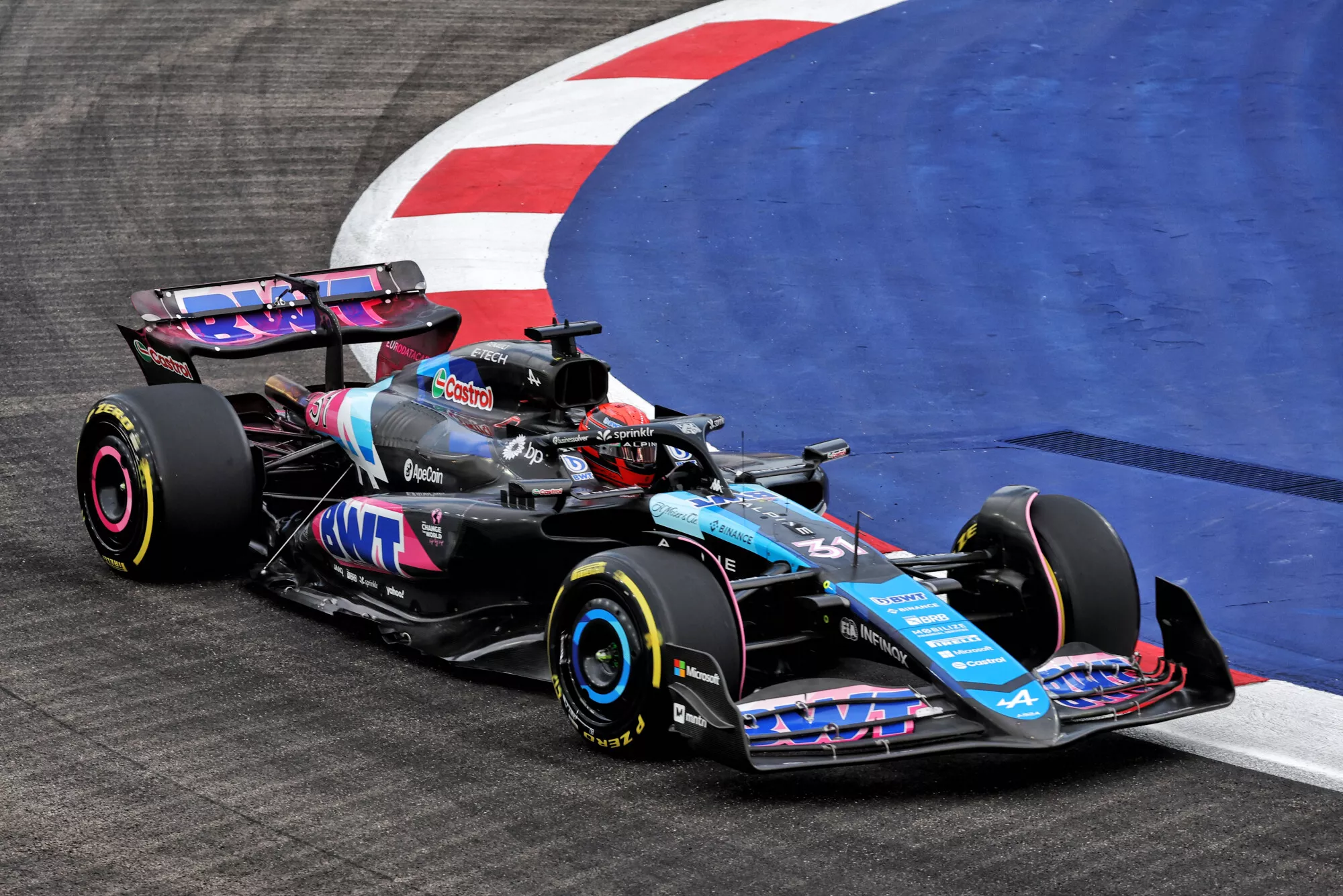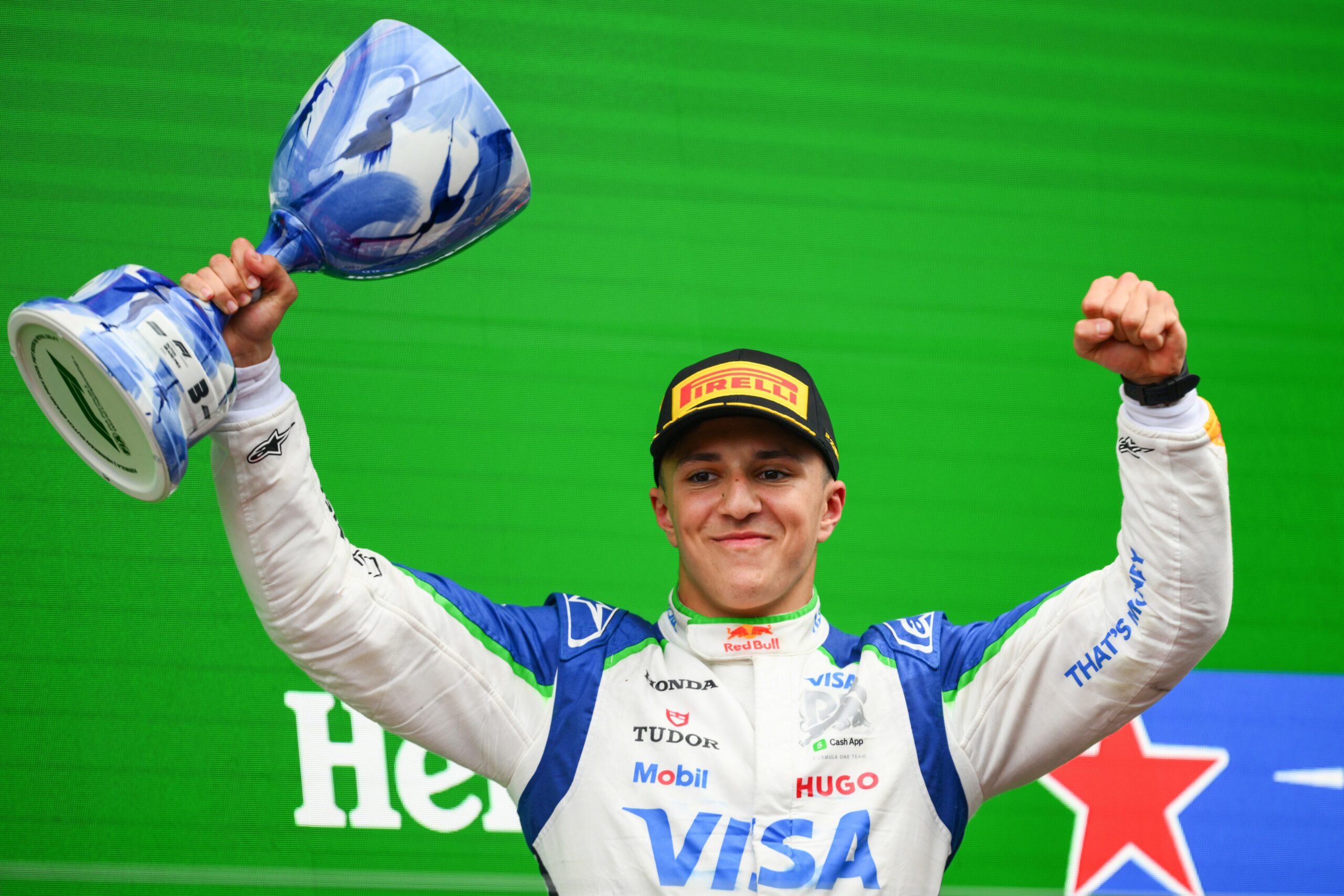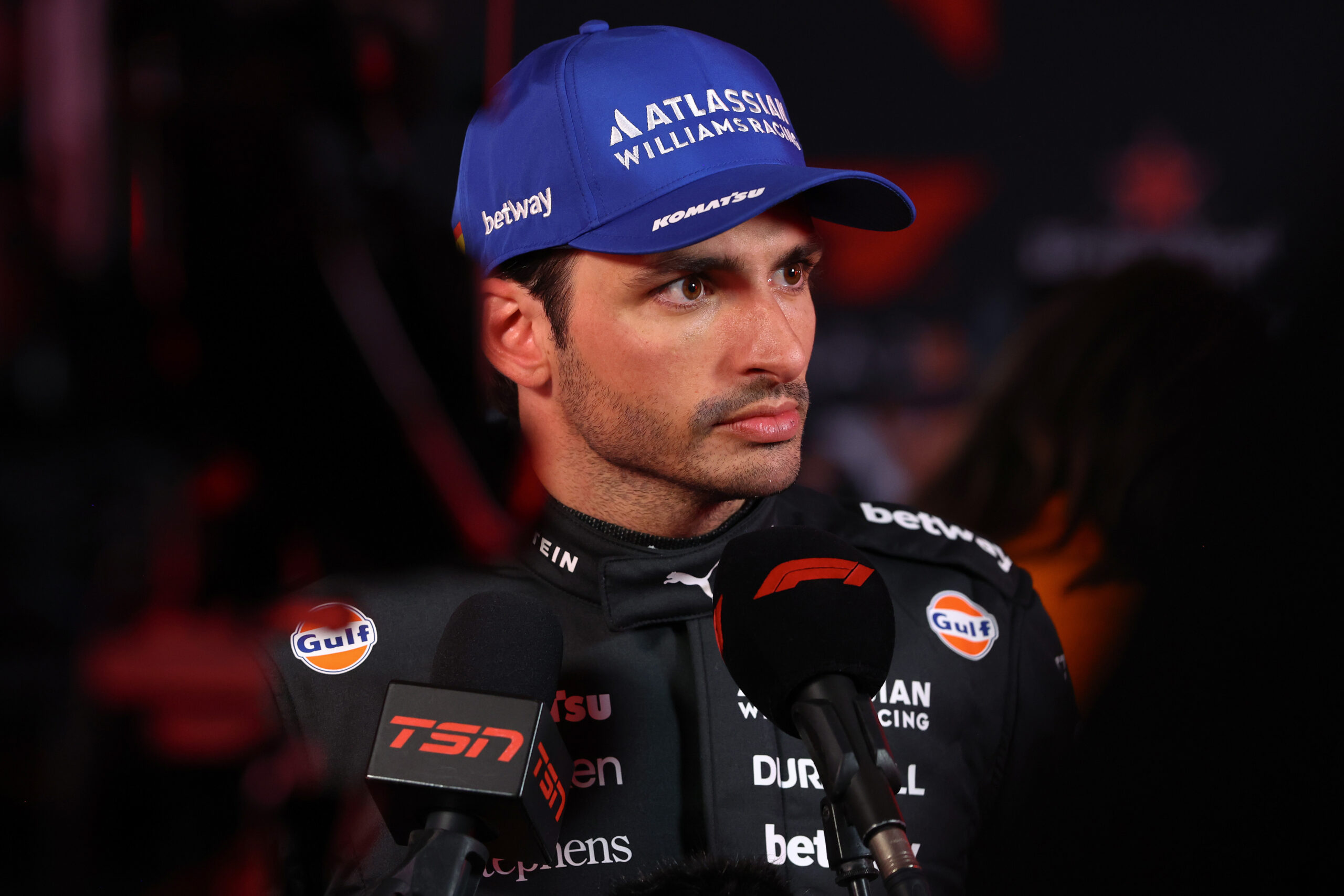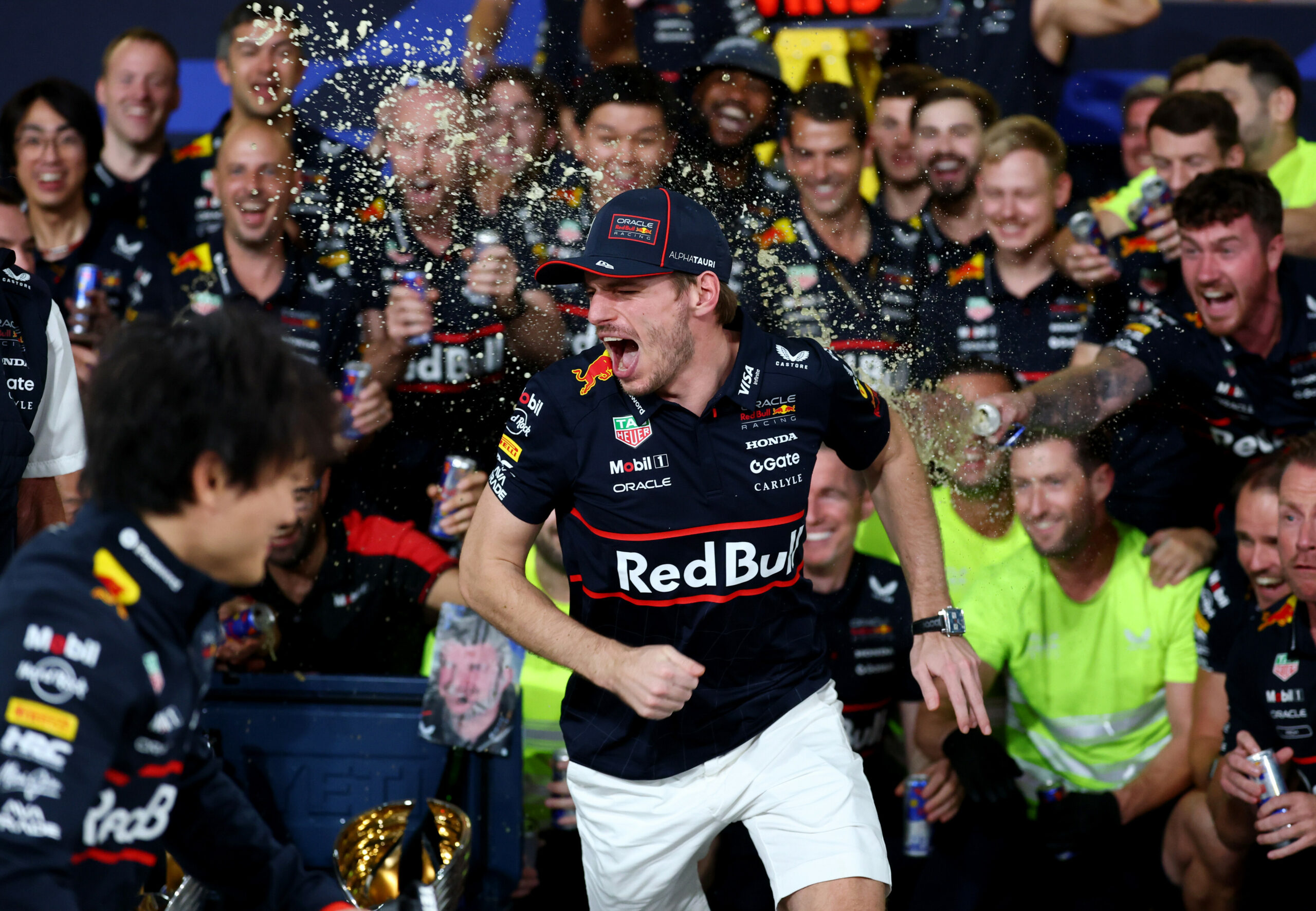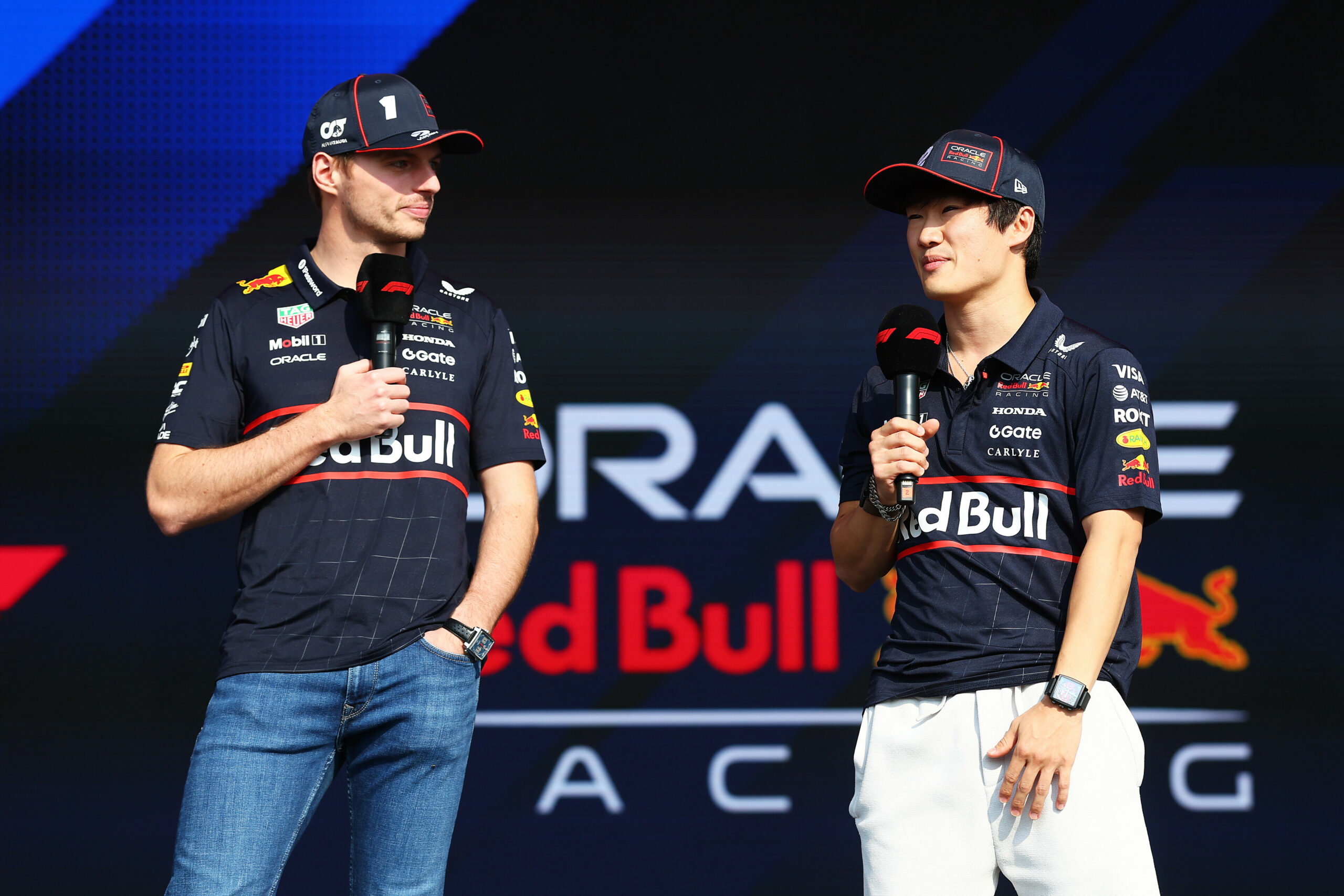Co-Author: Syrine Ferchichi
Luca de Meo, CEO of Renault Group, has explained the rationale behind Renault’s decision to cease development of their F1 engine by 2026, confirming that Alpine will instead source power units from Mercedes. While this move guarantees jobs at Viry-Châtillon, it signifies a strategic shift for the company.
“We became invisible,” de Meo stated to L’Equipe, adding that upon his arrival in July 2020, Renault was in a severe financial crisis, losing “40 million euros per day.”
The choice to step back from in-house engine development has been difficult, particularly for the loyal fans of Renault-Alpine who feel let down.
De Meo reflected, “What message are we sending to the F1 and Renault-Alpine fans who feel abandoned by the decision to stop using the French engine from 2026? It’s an emotional subject for me. I am very passionate. It is heartbreaking.”
He also praised the resilience of the Viry-Châtillon team, saying, “I admire the engagement and the tenacity of the people at Viry-Châtillon… They have the fighting spirit. And that’s great news.”
However, de Meo acknowledged that his role as a CEO often requires setting passion aside in favor of financial practicality.
“It’s part of my job to not think like a fan,” he admitted. The financial burden of engine development, with costs reaching between 200 and 250 million euros annually, simply wasn’t sustainable.
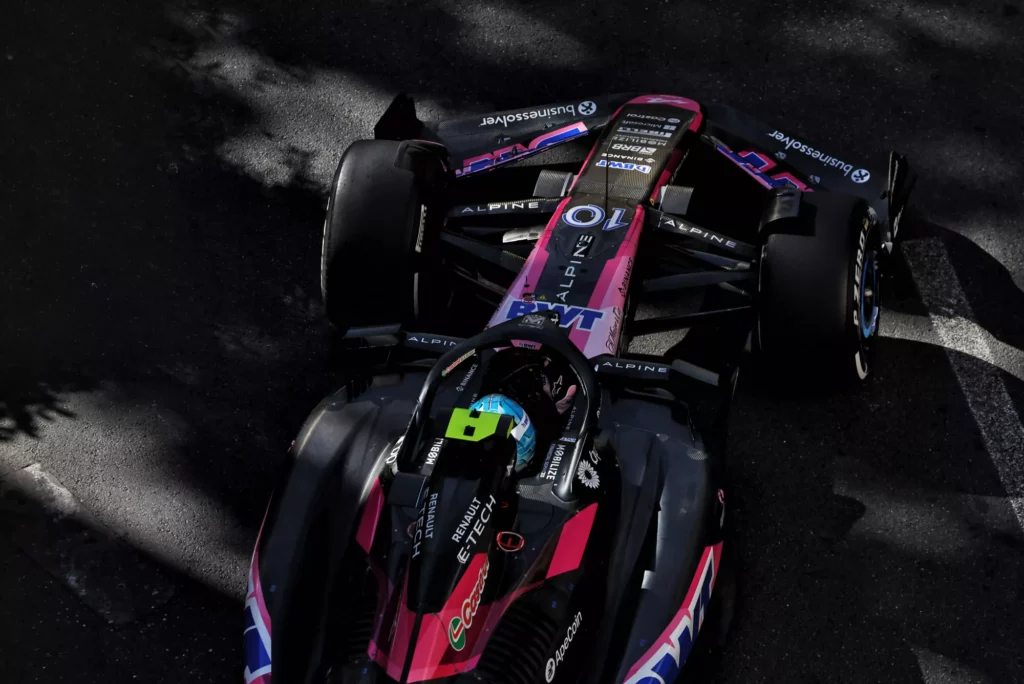
With competition mounting and other teams opting for more cost-effective arrangements, he found it necessary to re-evaluate Renault’s approach.
The team has not won a championship since 2006 when Fernando Alonso won the Drivers’, while the Spaniard and Giancarlo Fisichella also helped them take out the Constructors’.
Following the great success in 2005 and 2006, Renault/Lotus/Alpine has won just five races over the last 17 years.
The best moments have come as an engine supplier to Red Bull, helping them to four Drivers’ and four Constructors’ Championship in succession from 2010-2013.
“I am a manager, I manage a publicly traded company, and I have to rethink the F1 project to finally win. So I’m looking for shortcuts to get there.”
Moreover, de Meo expressed that the existing structure of F1 doesn’t favor teams that take on the added expense of developing their own engines.
He contrasted Renault’s path with those of competitors, noting, “Honda had decided to leave, then changed leadership and is coming back. In the meantime, Red Bull invested 600-700 million to develop its own engine department. Keeping such an activity in-house costs between 200 to 250 million euros per year, in addition to the annual 150 million budget. However, Aston Martin, McLaren, Haas, and Williams—who, by the way, are ahead of us—don’t invest those 200-250 million.”
Despite their higher spending, Renault doesn’t see a proportionate return on investment, as “the F1 remuneration structure doesn’t account for the investments made by constructor teams. So we spend more than the others but don’t earn more.”
He explained, “We spend more than the others but don’t earn more. In the long run, F1 could, who knows, propose technological simplification… That could be a common base, and each manufacturer would keep a 10% margin to adapt the engine.”
The decision to rely on Mercedes engines reflects a broader vision for Renault and F1. De Meo emphasized the importance of remaining adaptive and explained the changes at Viry.
“Viry will be transformed. There will be a technological watch on F1 to reflect on the next engine cycle after 2030,” he concluded.

